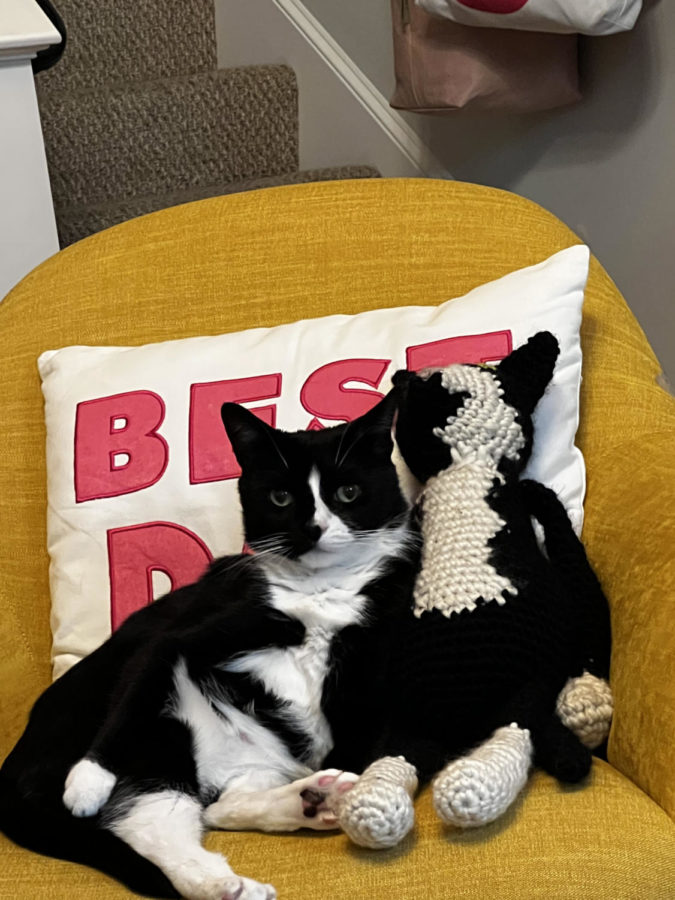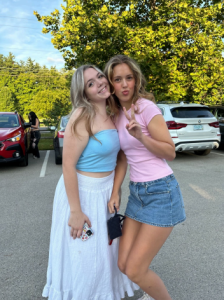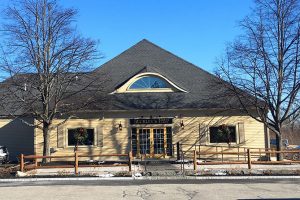Quarantine Hobbies: Where Are They Now?
Have people stayed interested in hobbies now that they don’t have as much time on their hands?
March 29, 2023
The COVID-19 pandemic left a lot of people with much more spare time than usual. Even though most still had jobs or classes, without commuting and strictly defined hours, those responsibilities took up less time than usual and left them with space in their day to fill.
‘Quarantine Hobbies’ swept the nation, says The Analyst. Some people turned to art, like painting, drawing or learning instruments. Others learned new skills like baking bread, making jam, and amateur carpentry.
Alyssa Uhlman ‘23 saw online school as an opportunity to do just that. “I started quite a few hobbies, to list some of them, I did a lot of cooking, I picked up drawing again, I learned how to play two new instruments, the Okarina and the Columba, and I did a lot more skiing, during the winter time,” she said.
For some people, Quarantine also provided an opportunity to work on projects that they’d been having to set aside for a while or spend more time on the hobbies they already had.
Barbara Warnke’s first order of business once the Lockdown came was to build the shelves she’d envisioned for the stacks of books in her hallways.
Warnke was a longtime baker, but during Quarantine she had more time to focus on a new aspect, cake decorating, and was able to bake with the intention of entertaining herself and learning new techniques.
Hobbies also gave people ways to stay connected when they couldn’t see each other. Warnke worked with her sister, Joan, and her niece to learn to crochet.
Today, things are feeling more and more like they did before the pandemic. Nearly everyone is back to in-person work or school, masks are rarely required outside of doctors’ offices, and the free time lockdown gave us is gone as fast as it first came.
Like many people, Uhlman had to set her newfound interests aside as school and responsibilities took up her time once again. She hasn’t had much time to draw or ski, and her instruments are loud and not well suited to be played in the house, but she and her family still benefit from the cooking skills she learned.
Some people, however, have been able to forge a new status quo. Warnke’s work, seeing how well their department worked during lockdown, now only has two days a week in person, rather than five. The time she had over quarantine enabled her to make her space her own and find gratification in keeping it in order.
“I think there’s a certain mental space that was always being used up by a commute that I now have, that I can use to, you know, keep things nice and neat instead, which I think is more valuable than putting pollution into the air,” says Warnke.
Although few people are sad to not be trapped in their homes anymore, it’s clear that the skills and interests learned during that time are well worth holding onto.














